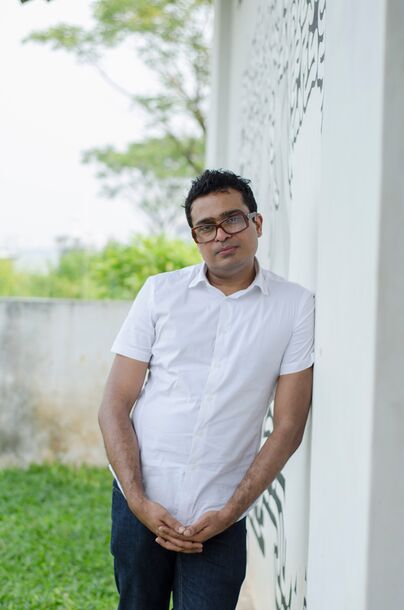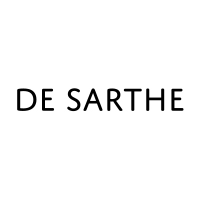Jitish Kallat to Curate India’s First Biennale
By The Editors

Portrait of Jitish Kallat. Courtesy of the artist.
Celebrated contemporary Indian artist Jitish Kallat will curate the second edition of the Kochi-Muziris Biennale, India’s first biennial event, which is to take place in December 2014. Kallat hopes to bring artists in dialogue with one another to “induce shifts in each other's perceptions and practices and to collectively expand the tools with which we might propose versions of the world today.”
The inaugural edition of the biennial in 2012, curated by painter Bose Krishnamachari, was the subject of speculation concerning the mismanagement of funds. Kallat hopes to dispel these apprehensions by encouraging openness and a view of the Biennale as a site for exchanging ideas that evolves from inside out. “I do hope that differentiation occurs from within the structure and through the evolutionary interplay of themes and ideas,” Kallat told ArtAsiaPacific, “At this early stage of conception, I wouldn’t want to propose differentiators that are superimposed or injected like external additives, as that will be a bit like adding color to food.”
Kallat, who hails from Mumbai, holds a Bachelor of Fine Arts in painting from the Sir JJ School of Art. He is best known for his multimedia works that show the duplicity, or intersections, of traditional and contemporary Indian culture using sculpture, animation video and photography. He has exhibited internationally at Tate Modern and the Serpentine Gallery in London, Martin-Gropius-Bau in Berlin, Gallery of Modern Art Brisbane and the Kunstmuseum in Bern.
Now at the helm of a major artistic endeavor in his own country, Kallat’s experience abroad is sure to help him balance both a global and local perspectives, a negotiation for which he finds a potent analogy in Kochi’s shorelines: “As a coast [Kochi] has been a recipient of evolutionary adventure where legendary navigators such Pedro Álvares Cabral had arrived with shrubs, herbs, stories and messages from distant places. In that sense it is an interesting coastline to ask questions that take us deeper not only into its own rich and layered history but into larger civilizational questions and narratives of human evolution.”








